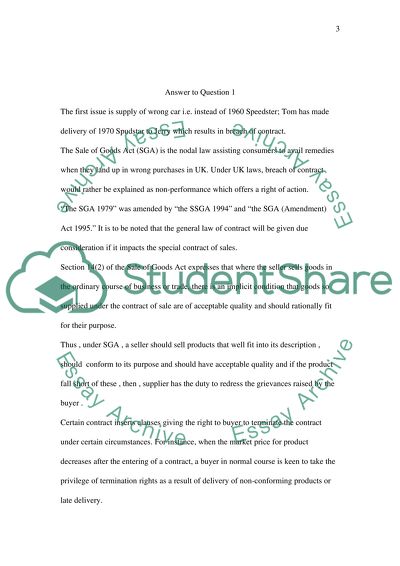Cite this document
(Consumer Rights under the UK Legislations Assignment, n.d.)
Consumer Rights under the UK Legislations Assignment. Retrieved from https://studentshare.org/law/1554000-law-of-contract-la-112-joint-honours-coursework-2009
Consumer Rights under the UK Legislations Assignment. Retrieved from https://studentshare.org/law/1554000-law-of-contract-la-112-joint-honours-coursework-2009
(Consumer Rights under the UK Legislations Assignment)
Consumer Rights under the UK Legislations Assignment. https://studentshare.org/law/1554000-law-of-contract-la-112-joint-honours-coursework-2009.
Consumer Rights under the UK Legislations Assignment. https://studentshare.org/law/1554000-law-of-contract-la-112-joint-honours-coursework-2009.
“Consumer Rights under the UK Legislations Assignment”. https://studentshare.org/law/1554000-law-of-contract-la-112-joint-honours-coursework-2009.


